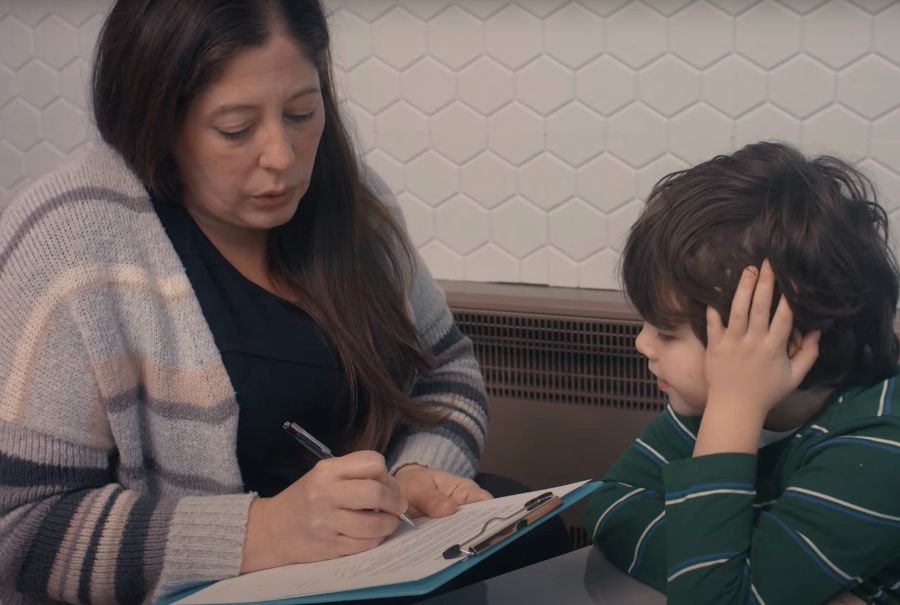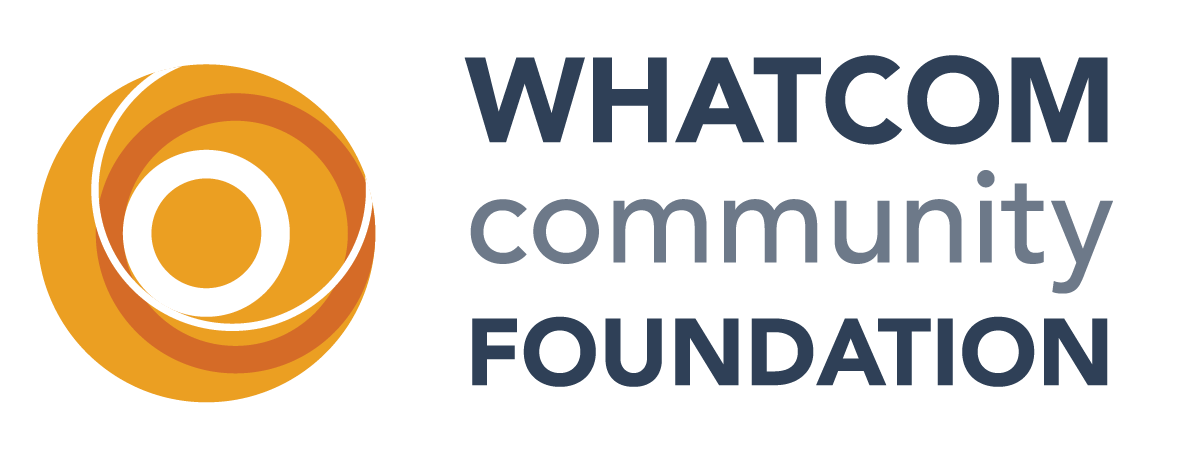
2025 THRIVE | Family Violence
Hi neighbors,
Although life is always uncertain, these days it is especially so. Which makes our spring THRIVE topic even more relevant, if not easier to discuss. While family violence is a serious and distressing topic most people would rather avoid, the best chance of vanquishing it begins with frank conversation and a commitment to individual and community-based action.
If you need help, please skip to the end of this email to phone numbers and links. If you want to be a helper, please keep reading.

Mauri Ingram,
President & CEO
COMMUNITY CHALLENGE
Family Violence
Domestic violence — which includes economic, physical, sexual, emotional, and psychological abuse of children and adults, including elders — is a common societal problem that occurs across all demographics.
Domestic violence has been increasing in Whatcom County since 2011. That translates to nearly 1,300 offenses documented countywide in 2023 (the most recent year we have data for). Since most family violence incidents go unreported, the number is likely much higher. The National Institutes of Health report that as many as 1 in 4 women and 1 in 9 men experience domestic abuse.
And then there are the children. Of the 170 forensic exams at PeaceHealth St. Joseph Medical Center in 2023, 21% were sexual abuse cases in children under 13. In the same year Brigid Collins Family Support Services conducted 142 interviews with child victims of domestic violence, a 40% jump from the prior year; nearly 75% were with children younger than 13, 19% were six years old or younger.
On the plus side:
- Whatcom is the only county in the state to have a commission on domestic and sexual violence (DV Commission), which focuses on systems change to improve both prevention and survivor response.
- The DV commission recently secured competitive grant funding from the Department of Justice for 36 months starting in October this year to support survivors through the court process.
- PeaceHealth St. Joseph Medical Center changed protocols in 2022 that enabled more medical advocacy for domestic violence forensic exams. (An advocate supports a survivor through the exam.)
- Under Washington State Law, survivors have rights and support available in their workplaces. The WA State Domestic Violence, Sexual Assault, and Stalking Leave Law provides for leave from work, safety accommodations, and protections against retaliation for survivors in the workplace.
“People from other counties often tell me they wish they had a similar entity. … I wish people understood the complexity of the causes of sexual and domestic violence, and the deep effects it has on survivors, as well as the way the effects ripple to their families, and the entire community.”
— Susan Marks, Director, Bellingham-Whatcom County Commission on Sexual & Domestic Violence
Income inequality and unemployment are high-risk factors for family violence, so financial uncertainty can increase incidence as well as severity and frequency. Homelessness and family violence are also linked. In 2023, one in four homeless families on the waiting list for housing in Whatcom County were fleeing, or attempting to flee domestic violence, dating violence, sexual assault, stalking, human trafficking, or other dangerous conditions.
Overall, the situation is tenuous. Local agencies rely heavily on federal Victims of Crime Act funds, which come through the state and have dwindled over the last four years. Even if the governor signs the budget passed by the legislature, which includes $20 million to fill the gap, it still represents a reduction in funds. Key local agencies have already had to reduce staff, even as the needs of survivors have often increased as basic needs are harder to afford and other supports that rely on federal funding are reduced.
“Everyone knows people who are survivors, and many of us also know people who have caused the harms of interpersonal violence. I encourage people to learn about sexual assault and domestic violence, provide support to survivors and refer them for advocacy services.”
— Susan Marks
WHAT WE’RE DOING
- Raising awareness about family violence in Whatcom County
- Supported Stewards of Children Training
- Supported the summit that led to the Whatcom County/City of Bellingham Commission on Sexual and Domestic Violence through funding, coordination, and convening
- Advocated successfully to add data regarding ACEs (Adverse Childhood Experiences) to the Community Health Assessment
- Asking youth-serving organizations that apply for funding to share or develop a youth safety policy
- Addressing protective factors by championing financial education and affordable housing, as well as promoting inclusive prosperity and education
HOW YOU CAN HELP
- Provide support to survivors, refer survivors for advocacy services, and review this Friends and Family Guide.
- Learn about and promote protective factors (see link in Deeper Dive) in your own circles; these include fostering neighborhood connections and supporting access to housing, healthcare and education. Community Foundation giving options include Project Neighborly, Childhood Savings Accounts and the Millworks.
- Watch this video from Brigid Collins to learn about child advocacy in Whatcom County.
- Attend a training: Stewards of Children, conflict resolution or any of the community education courses offered by Whatcom Family and Community Network
- Give, volunteer (and/or) donate a cell phone or other wish list items to one of the organizations doing tremendous work on the frontlines in our community: DVSAS, Brigid Collins, YWCA, Lydia Place, Whatcom Family Community Network, Lummi Victims of Crime or the Nooksack Tribe-based Tl’ils Ta’á’altha Victims of Crime Program
DEEPER DIVE:
Whatcom County/City of Bellingham Commission on Sexual and Domestic Violence (2023 report)
Whatcom County Health Insights (Whatcom County Health and Community Services)
Where to Get Help — Bellingham-Whatcom County Commission on Sexual & Domestic Violence
Washington State Coalition Against Domestic Violence
Spotting the Signs of Elder Abuse (National Council on Aging)
Risk and Protective Factors (CDC)
The Power and Control Wheel was created in 1984 to help educate abusers and illustrate the experience of the people they harm.
Fifty Eye-Opening Domestic Violence Facts (infographic)
NEED SUPPORT RIGHT NOW?
Domestic Violence Sexual Assault Services (DVSAS)
24-Hour helpline: (360) 715-1563
DSHS Adult Protective Services
24-hour hotline: (866) 363-4276
View the THRIVE Newsletter as e-mailed on 05/12/2025 HERE
Subscribe to future Thrive newsletters HERE





No Comments